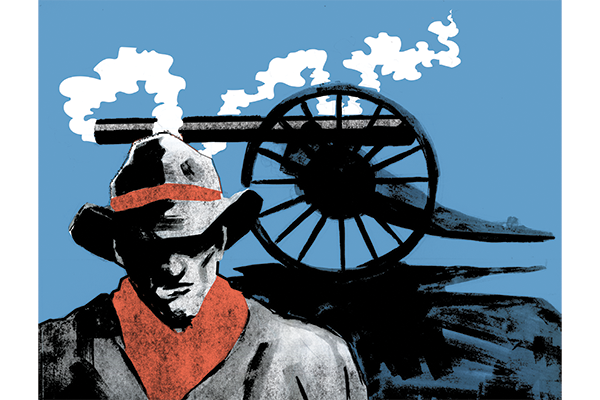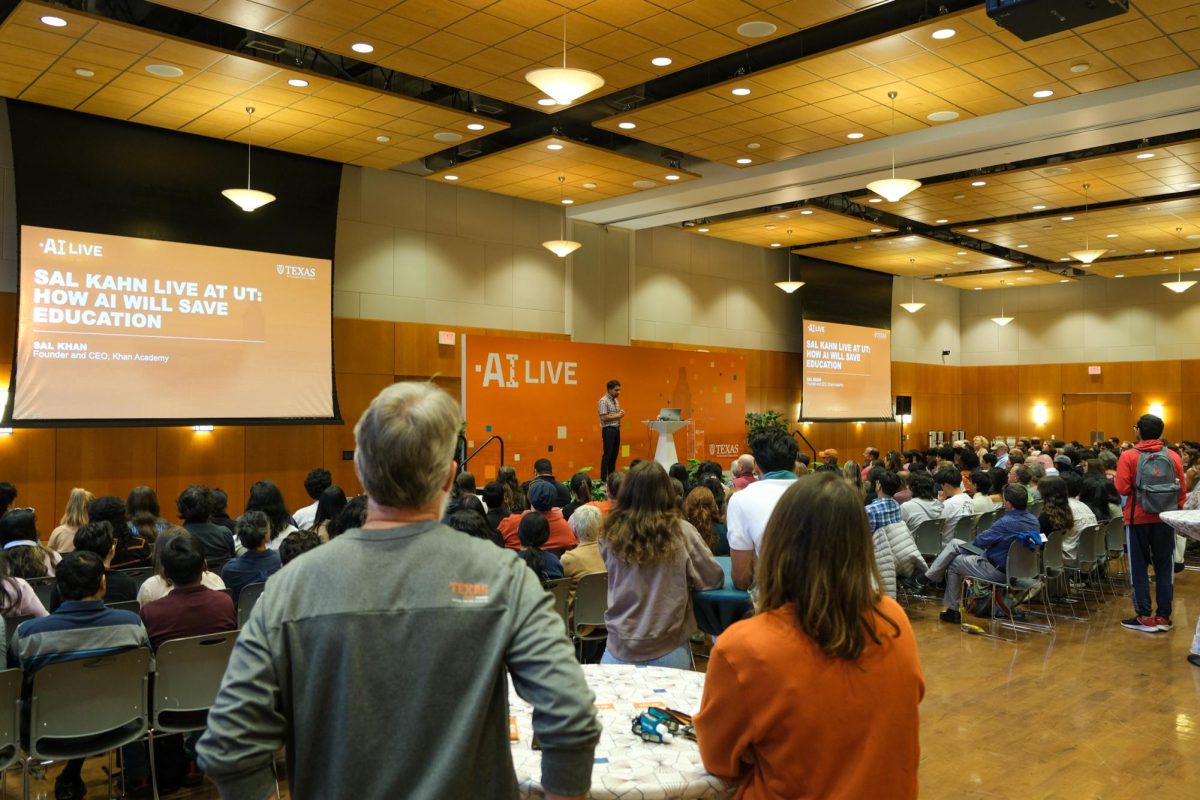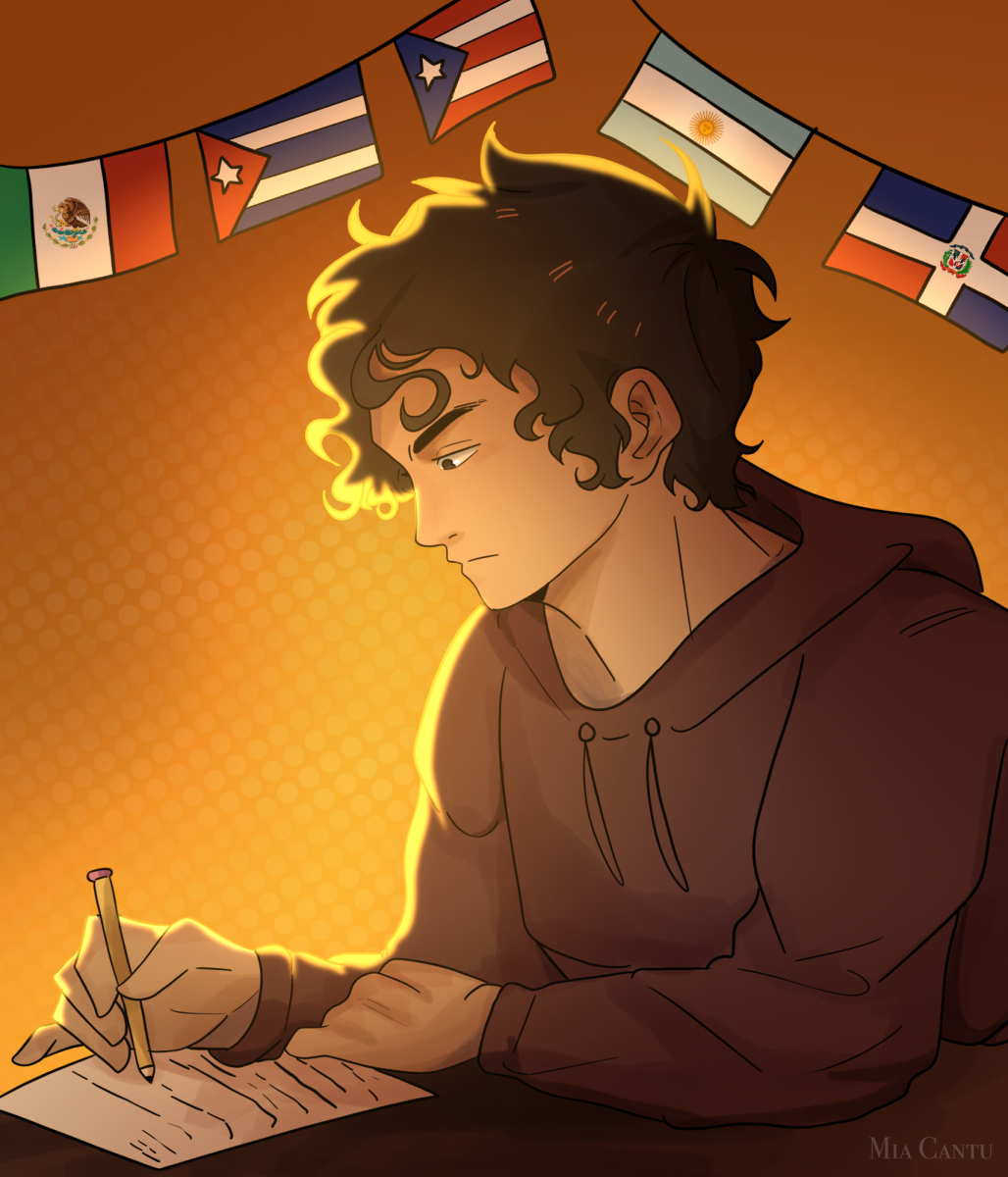The Texas Cowboys accepted their suspension from campus on Friday following a University investigation that found evidence of hazing after student Nicky Cumberland sustained fatal injuries leaving an off-campus retreat— but the University may allow the Cowboys to serve a shortened sentence.
The president of the University will meet with the Cowboys in January and August of every year, beginning in 2022, to evaluate if the Cowboys may be reinstated before their six-year suspension is completed.
According to a letter obtained by The Daily Texan through an open records request, James Davis, vice president of legal affairs for UT, wrote to a Cowboys student, who is unnamed for privacy reasons, that the University's commitment to ending hazing is why they are “willing to continue working with you and the Texas Cowboys alumni on identifying ways to disrupt hazing in our campus community.”
“The president will consider the Texas Cowboy alumni efforts to help the University eliminate hazing, the proposed future benefits to the University’s efforts to eliminate hazing arising from a newly constituted Texas Cowboys student organization and the merits of proposed reforms,” Davis said in the letter.
The Cowboys, a spirit group famous for firing Smokey the Cannon at football games, gave the cannon responsibilities to the Silver Spurs Alumni Association until they return to campus, University spokesperson J.B. Bird said. When the Cowboys were last suspended, the Silver Spurs, known for taking care of Bevo, also took over Smokey, according to Texas Monthly.
In the fall of 2018, a University investigation found evidence of physical brutality, animal cruelty, forced ingestion of unwanted substances and coerced consumption of alcohol.
The family of Nicky Cumberland requested the investigation after their son suffered fatal injuries in a car crash on the way back from the annual initiation retreat in September 2018. The driver fell asleep at the wheel, and the hazing investigation found a lack of evidence to support claims that sleep deprivation was used as a hazing tactic.
The Cumberlands learned from members who attended the retreat about the hazing that occurred, such as paddling and one member being coerced into biting the head off a live hamster.
This is the second time the Cowboys have been suspended from campus for hazing. In 1995, the death of then-pledge Gabe Higgins led to a five-year suspension. Higgins was found dead in the Colorado River near Bastrop after he was hazed at the annual initiation retreat. Higgin’s blood alcohol content was more than twice the legal limit for driving. When the Cowboys returned in 2000, they made a pledge to ban hazing.
This final sanction decision comes after three separate extensions, as they were originally given until April 16 to accept, appeal or request a formal hearing. During this extension period, the Cowboys tried to create a conference resolution in partnership with the University.
A conference resolution is where “the accused registered student or sponsored student organization … may respond to the charges,” according to the Section 6-503 of UT’s codes of conduct. However, Davis denied their request in the letter.
Eddie Lopez, president of the Texas Cowboys Alumni Association, said they accept this final decision but “more than anything else, we wish we could rewind the clock.”
“As an organization we are collectively aggrieved at the incidents this investigation uncovered,” Lopez said in a statement. “It has caused significant self-reflection among the current student members, as well as alumni of our organization from across the decades.”
Lopez said the Cowboys will use their time off campus to “work tirelessly on the hard work of reform.”
“We do so with Nicky’s memory at the forefront of our efforts,” Lopez wrote in a statement. “Our goal is to rebuild our organization for the future and help shape a more respectful, civil and safe campus for all Longhorns.”
Editor's Note: This story was updated to include background on the previous Cowboy suspension.


















